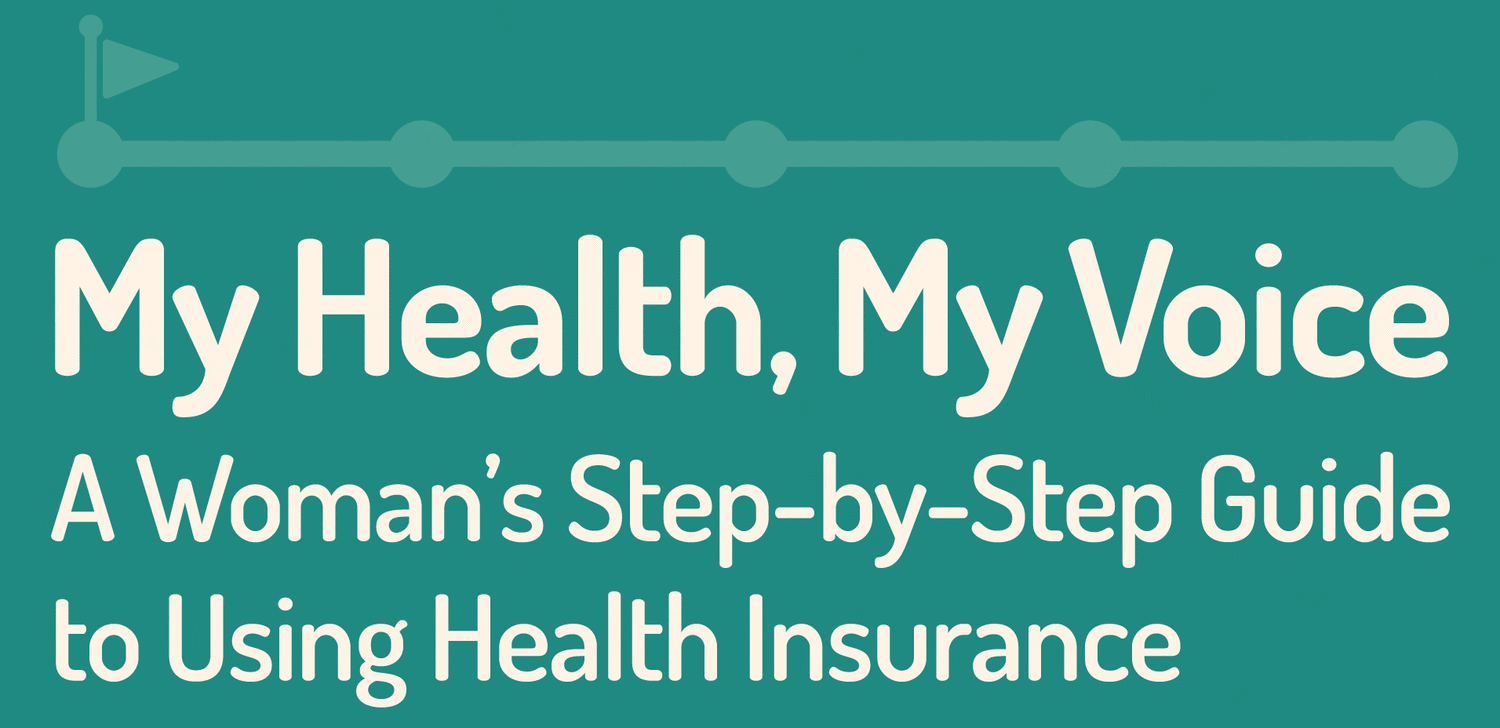Visit your primary care provider and take follow up action
It's a good idea to schedule a free “well-woman visit” for your first appointment with your new doctor. To learn what a well-woman visit is, click here. Whenever you go to a doctor's appointment, you should make sure you understand what your doctor is telling you.
Ask questions.
During your visit, feel free to ask all the questions you have about your health. Don’t be afraid to ask your doctor or nurse to repeat something or write it down for you. You have the right to this visit because your insurance is paying for it.
You also have the right to know which tests your doctor wants to do and why. Ask questions, including whether you will have to pay for the test. For example, if you tell the doctor you have a sore throat and the doctor does a test for strep throat, you may have to pay something for it. That’s because this kind of test is a diagnostic test, not a free preventive test.
Make sure to follow the instructions from your doctor.
Find out the results of any tests you have had, such as a Pap test. Your doctor’s office should call you, but if you don’t hear from them in a week or two, call the office yourself. If you signed up for a patient online system, go online and check for your results.
Fill your prescriptions.
Be sure to follow the directions on the prescription bottle or pack. If you are unsure about the directions, ask the pharmacist or call your doctor’s office. When you go to the pharmacy, ask if your prescription is covered by your health plan. If it is not covered, call your doctor’s office and ask if there is a similar medicine the doctor can prescribe that is covered. Remember, generic birth control pills are free with your health insurance.
If your doctor referred you to a specialist, make the new appointment.
For example, you may get the name of someone who treats problems digesting food – a gastroenterologist.
When you make the appointment, be sure to ask if they take your insurance.
If you are unsure, call your health plan’s member services telephone number to ask. If the specialist is not in your plan, call your primary care provider and ask for a different specialist who does take your insurance.
What is a referral?
Some health plans will only pay their share when you see a specialist if they have received a request from your Primary Care Provider first. This is called a referral. If your health plan requires you to get a referral, make sure that your Primary Care Provider submits the request to your health plan before you see the specialist. Before your appointment, check with your health plan that they got the referral.





